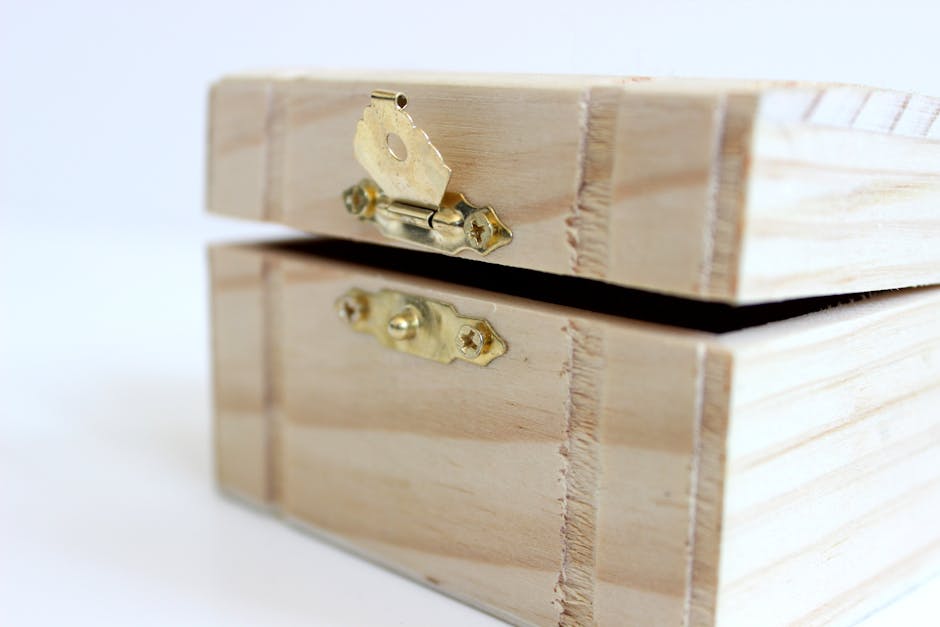Do you find yourself struggling with movement or experiencing pain in your lower back and hips? The culprit could be tight hip flexors. These muscles run along the front of your thighs and are responsible for lifting your knees to your chest. When they become tight, it can restrict your movement and cause a variety of issues.
**Why Do Hip Flexors Become Tight?**
There are several reasons why hip flexors can become tight:
* Sedentary lifestyle: Sitting for extended periods puts constant pressure on your hip flexors, shortening them.
* Overuse: Activities like running, cycling, and dancing can overuse your hip flexors, leading to tightness.
* Muscle imbalances: Weakness in opposing muscle groups, such as the glutes, can create an imbalance and cause hip flexors to overcompensate.
* Poor posture: Slouching or standing with your pelvis tilted forward can strain your hip flexors.
**Symptoms of Tight Hip Flexors**
Tight hip flexors can manifest in various ways:
* Pain in the lower back or hips
* Difficulty bending forward or touching your toes
* Stiffness in your hips when walking or running
* Numbness or tingling in your legs
* Weakness in your glutes
**Unlocking Your Hip Flexors**
To alleviate the discomfort and regain mobility, it's crucial to unlock your tight hip flexors. Here are some effective techniques:
* **Stretching:** Regular stretching is essential for loosening up your hip flexors. Hold each stretch for 30 seconds and repeat several times a day.
* **Foam rolling:** Using a foam roller to massage your hip flexors can help release tension and improve flexibility.
* **Strengthening exercises:** Strengthening your glutes and core helps to balance out your hip flexors. Exercises like squats, lunges, and planks are beneficial.
* **Yoga and Pilates:** These practices incorporate poses and exercises that target your hip flexors and improve their elasticity.
* **Proper posture:** Maintaining good posture while sitting and standing reduces strain on your hip flexors. Use a lumbar support pillow and avoid slouching.
**Additional Tips**
* Avoid sitting for extended periods. If you must, take breaks to stand up and move around.
* Incorporate regular exercise into your routine to prevent muscle imbalances.
* Listen to your body and stop any activity that causes pain.
* Consult a physical therapist or healthcare professional for guidance and tailored treatment.
Unlocking your hip flexors can significantly improve your mobility, reduce pain, and enhance your overall well-being. By implementing these techniques consistently, you can restore flexibility, regain range of motion, and live a more active and pain-free life.
